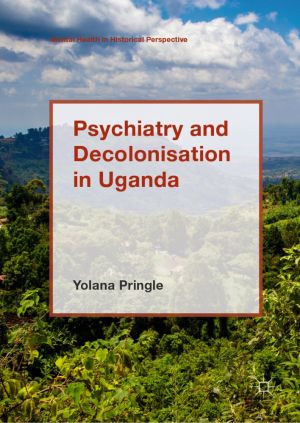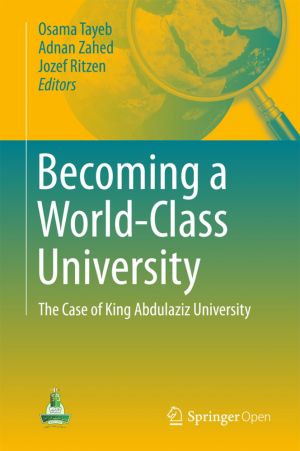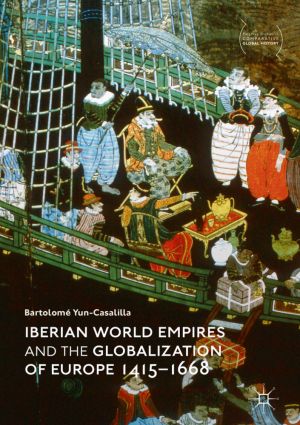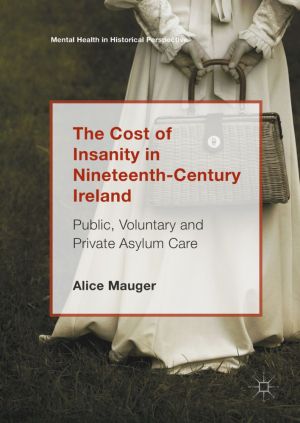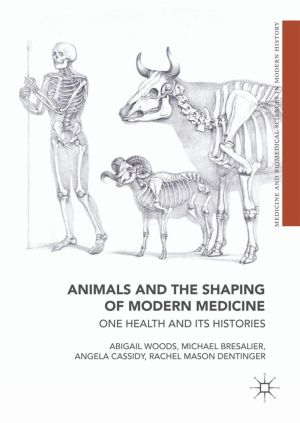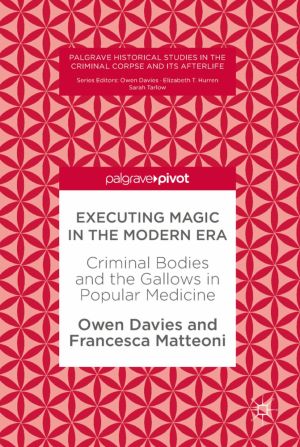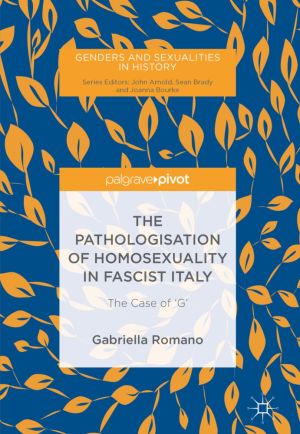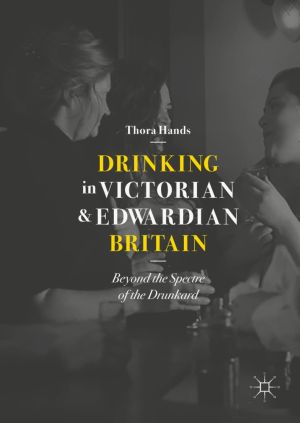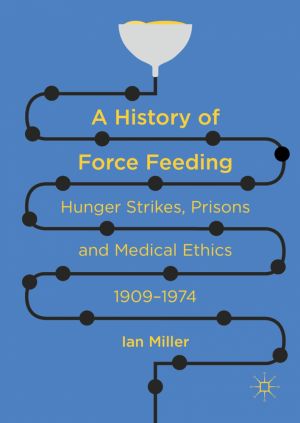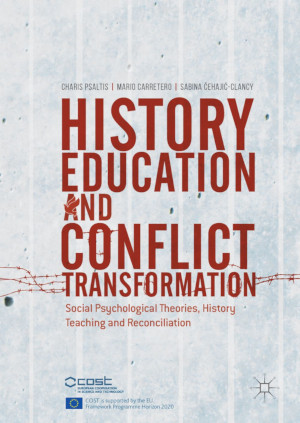History
Free Download Open Books
by Yolana Pringle
This book investigates psychiatry in Uganda during the years of decolonisation. It examines the challenges facing a new generation of psychiatrists as they took over responsibility for psychiatry at the end of empire, and explores the ways psychiatric practices were tied to shifting political and development priorities, periods of instability, and ...
by Osama Tayeb, Adnan Zahed, Jozef Ritzen
This book written by international experts in the field of educational innovation is a guide for universities to become world-class universities. It contributes to the current international intellectual debate on the future of higher education. It also tells the story of King Abdulaziz University in Jeddah (Saudi Arabia) and its effort to become a ...
by Bartolomé Yun-Casalilla
This book analyses Iberian expansion by using knowledge accumulated in recent years to test some of the most important theories regarding Europe's economic development. Adopting a comparative perspective, it considers the impact of early globalization on Iberian and Western European institutions, social development and political economies. In ...
by Alice Mauger
This book is the first comparative study of public, voluntary and private asylums in nineteenth-century Ireland. Examining nine institutions, it explores whether concepts of social class and status and the emergence of a strong middle class informed interactions between gender, religion, identity and insanity. It questions whether medical and lay e...
by Abigail Woods, Michael Bresalier, Angela Cassidy, Rachel Mason Dentinger
This book breaks new ground by situating animals and their diseases at the very heart of modern medicine. In demonstrating their historical significance as subjects and shapers of medicine, it offers important insights into past animal lives, and reveals that what we think of as 'human' medicine was in fact deeply zoological.Each chapter ...
by Owen Davies, Francesca Matteoni
This book explores the magical and medical history of executions from the eighteenth to the early twentieth century by looking at the afterlife potency of criminal corpses, the healing activities of the executioner, and the magic of the gallows site. The use of corpses in medicine and magic has been recorded back into antiquity. The lacerated bodie...
by Gabriella Romano
This book investigates the pathologisation of homosexuality during the fascist regime in Italy through an analysis of the case of G., a man with "homosexual tendencies" interned in the Collegno mental health hospital in 1928. No systematic study exists on the possibility that Fascism used internment in an asylum as a tool of repression fo...
by Thora Hands
This book surveys drinking in Britain between the Licensing Act of 1869 and the wartime regulations imposed on alcohol production and consumption after 1914. This was a period marked by the expansion of the drink industry and by increasingly restrictive licensing laws. Politics and commerce co-existed with moral and medical concerns about drunkenne...
by Ian Miller
This book is the first monograph-length study of the force-feeding of hunger strikers in English, Irish and Northern Irish prisons. It examines ethical debates that arose throughout the twentieth century when governments authorised the force-feeding of imprisoned suffragettes, Irish republicans and convict prisoners. It also explores the fraught ro...
by Charis Psaltis, Mario Carretero, Sabina Čehajić-Clancy
This volume discusses the effects, models and implications of history teaching in relation to conflict transformation and reconciliation from a social-psychological perspective. Bringing together a mix of established and young researchers and academics, from the fields of psychology, education, and history, the book provides an in-depth exploration...

